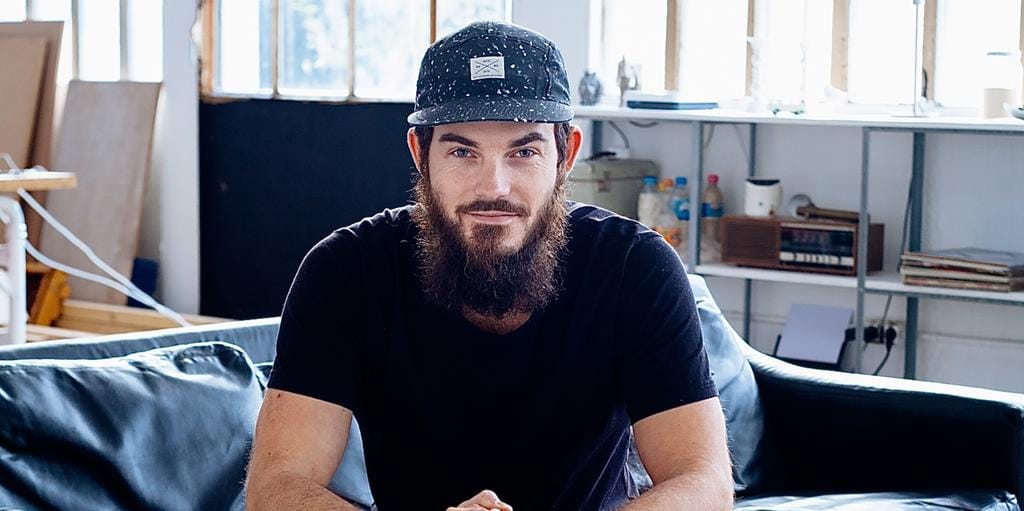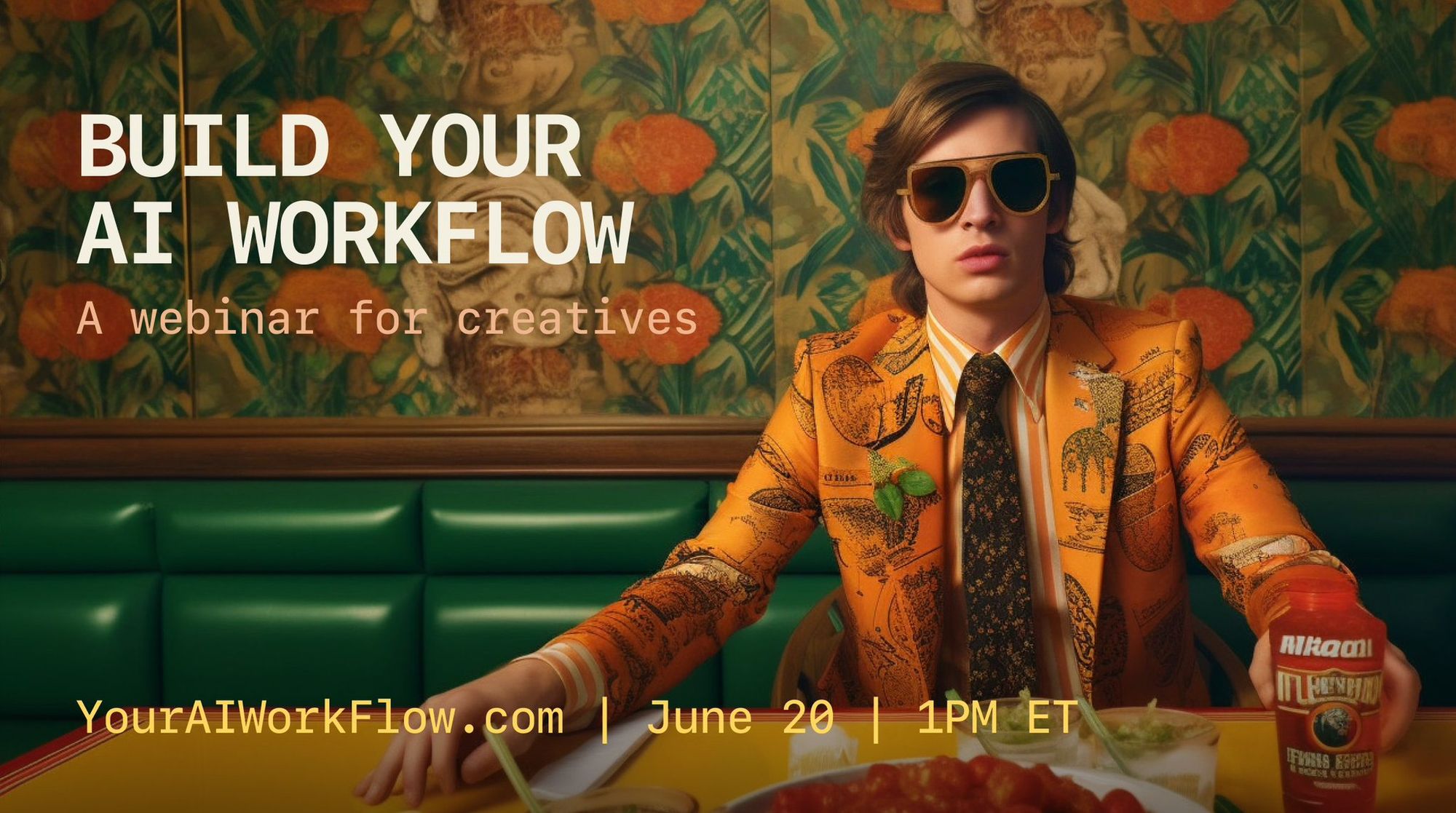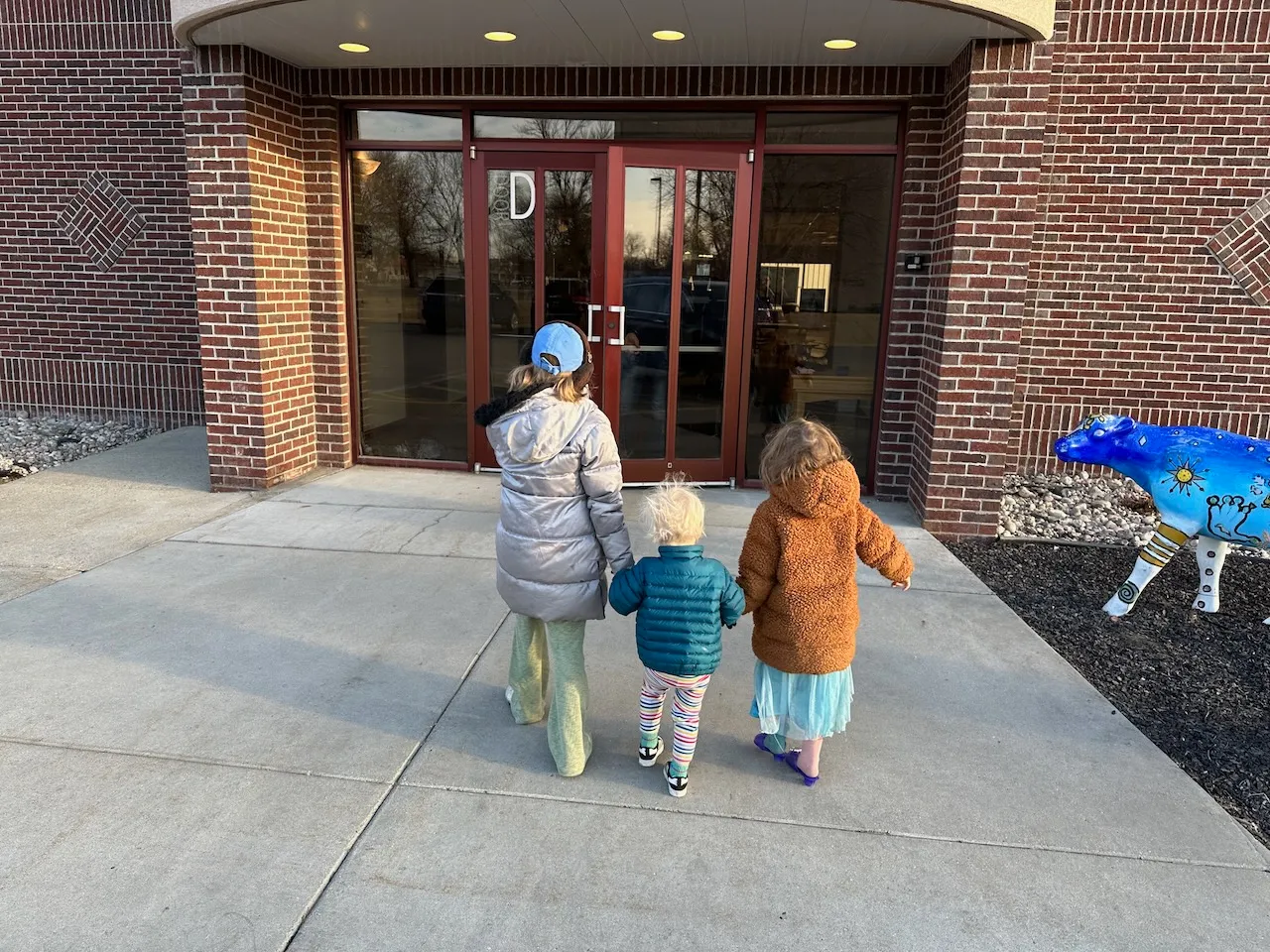🎧 The Future of Design: Harnessing the Power of AI with Linus Ekenstam
AI is transforming design. Working with AI enables designers to unlock creativity and improve productivity. It's essential to build AI into your workflow. The upcoming webinar and course will help.

Table of Contents
Meet Linus
Linus Ekenstam is well-known across the metaverse for his jaw-dropping AI designs and helpful tutorials. In this discussion, he shares AI's transformative impact on the design world. He argues AI is a powerful tool that revolutionizes creative workflows and empowers designers to unlock new levels of productivity and innovation. From enhancing efficiency to fostering collaboration, the conversation delves into the potential of AI in design and its implications for the industry's future.
The Build Your AI Workflow Course
Linus will dive deep into AI Workflows for creatives in his upcoming course: Build Your AI Workflow. You can join the free webinar on June 20th and the paid course on June 27th.

AI as a Creative Tool
The interview highlights the tremendous potential of AI in assisting designers. With AI-powered tools like text-to-image and Midjourney, designers can expedite their workflow, automate repetitive tasks, and explore countless creative possibilities. By integrating AI into the design process, designers can break free from mundane manual work and embrace more serendipitous moments. This shift empowers designers to focus on directing and curating the creative process, amplifying collaboration, and ultimately enhancing the value they bring to their work.
Expanding Collaboration and Democratizing Design
The podcast emphasizes how AI democratizes design, allowing diverse contributors to participate and share ideas. AI enables stakeholders to provide input and explore creative directions, making the design process more inclusive and collaborative. By embracing AI tools, designers can exponentially increase their output and explore a multitude of iterations quickly. The interview concludes with a call to embrace AI as a powerful and transformative tool, to develop effective communication skills with AI systems, and to recognize the vast potential AI holds for the future of design.
Ownership and Copyright Considerations
Linus and Scott address concerns about ownership and copyright when using AI in design. They highlight that AI-generated work, created solely by AI without human intervention, cannot be copyrighted. However, using AI tools to manipulate or enhance existing designs is permissible for commercial use. Designers can incorporate AI-generated elements into their work, but it's important to understand the jurisdiction-specific regulations regarding ownership and copyright.
Inspiring Creativity and Sharing Discoveries
AI inspires creativity and makes it essential to share discoveries. Linus emphasizes the need for designers to experiment with AI tools, share their processes, and demystify the creative potential of AI. By openly sharing their experiences, successes, and failures, designers can inspire others and foster a community of AI-powered creatives. This collaborative approach encourages individuals to overcome their fears and embrace AI as a powerful tool for realizing their creative visions.
The Future of Design and AI
The future of design will focus more on directing AI-assisted workflows rather than being bogged down by repetitive tasks. They see AI as a means to amplify and augment human creativity, enabling designers to explore new possibilities and generate innovative solutions. With AI becoming more integrated into creative industries, the conversation highlights the importance of communication skills and the ability to collaborate with AI systems and fellow creatives effectively.
Conclusion
AI will transform design. By leveraging AI tools, designers can streamline their workflows, increase productivity, and unlock new levels of creativity. The interview emphasizes embracing AI as a collaborative partner rather than a threat to creativity. As the design landscape evolves, designers who adapt and leverage AI effectively will be at the forefront of innovation, shaping the future of design and creative industries.
Scott David Meyer Newsletter
Join the newsletter to receive the latest updates in your inbox.



